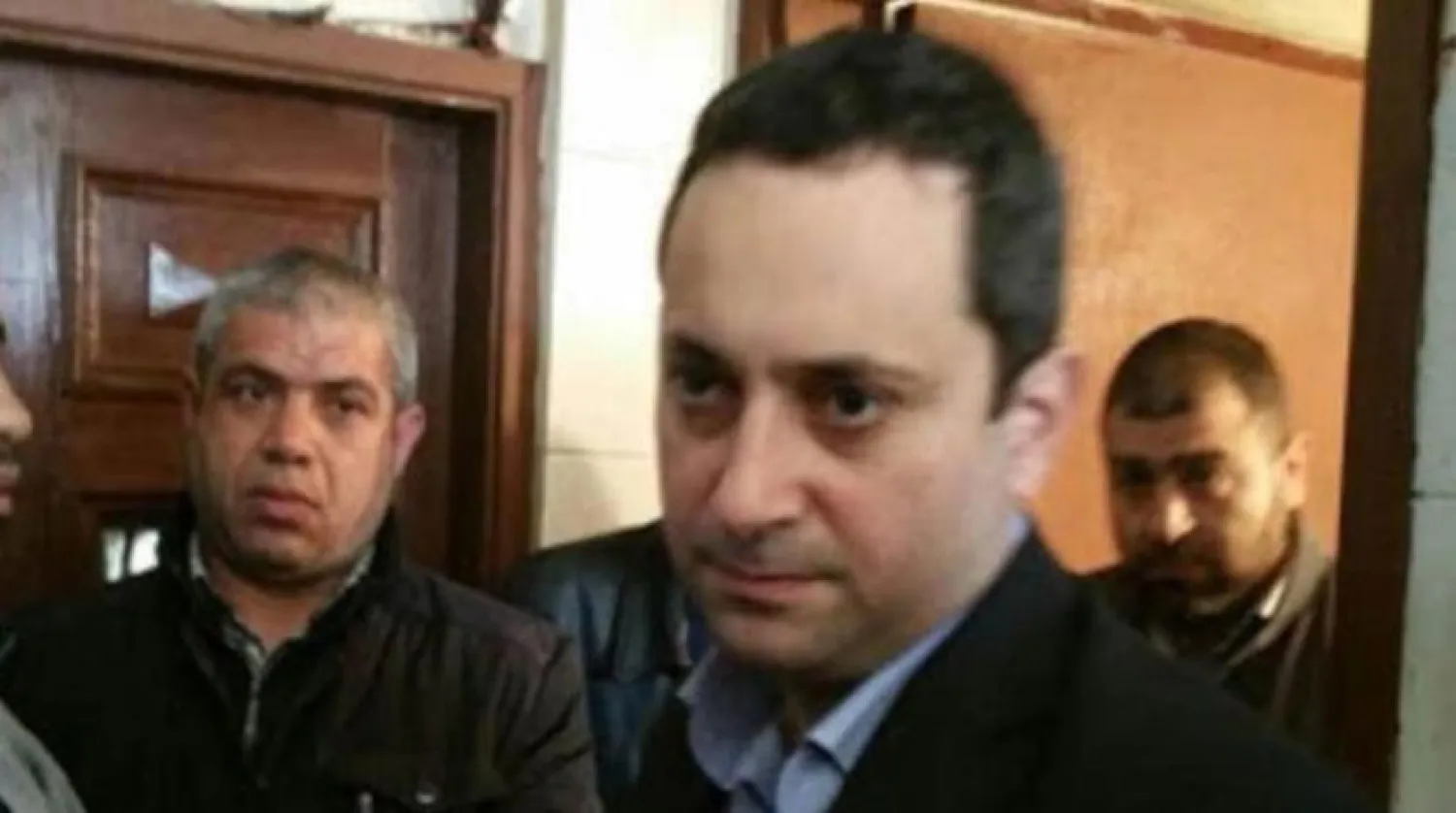A visiting French judicial delegation brought the 2020 Beirut port explosion file back to the forefront, through intensive meetings with concerned Lebanese judicial officials.
The French judges inquired about the suspension of Lebanon's investigation into the explosion, which has also obstructed the independent French probe into the killing of three French citizens in the port explosion.
The probe into the August 4, 2020 explosion has been pending since the end of 2021 due to lawsuits filed successively by defendants, including current MPs and former ministers, against the judicial investigator, Judge Tarek Bitar, who supervises the investigations.
Headed by Judge Nicolas Aubertin, the French mission first met with the assistant prosecutor general, Judge Sabouh Sleiman as he represents the Court of Cassation in this file.
The delegation then held a four-hour meeting with Bitar, which saw a long debate about the reasons behind the obstruction of the investigations, informed sources told Asharq Al-Awsat.
They added that Bitar refused to inform the French judges of the content of the investigation or provide them with any document, given that he was removed from the case due to the response claims filed against him.
But the judicial investigator promised the French delegation to provide them with assistance after the resumption of the probe..
In remarks to Asharq Al-Awsat, Bitar stressed that the investigation “will continue and will not surrender to the will of obstructers.”
“I hope that the judiciary will find legal solutions that will allow the resumption of the investigations in a normal and regular manner…” he said.
The families of the port explosion victims held a sit-in on Thursday in front of the Palace of Justice building in Beirut, protesting the probe halt and calling on France to help form an international fact-finding committee.
They requested a meeting with the French judicial mission to discuss their suffering and the political authorities’ persistence in sabotaging the Lebanese inquiry.
The financial investigation file
Meanwhile, the European prosecutors who arrived this week in Beirut, continued their investigations in Beirut into the financial corruption probe, and listened to the testimony of witnesses Raed Charafeddine, a former first deputy governor of the Banque du Liban, and Naaman Nadour, a BDL head of department.
The attorneys general at the Court of Cassation, Mirna Kallas and Imad Kabalan, also took part in the session.
A judicial source told Asharq Al-Awsat that questions revolved around the financial situation and banking operations, most of which are directed at a company owned by Raja Salameh, brother of Riad Salameh.









